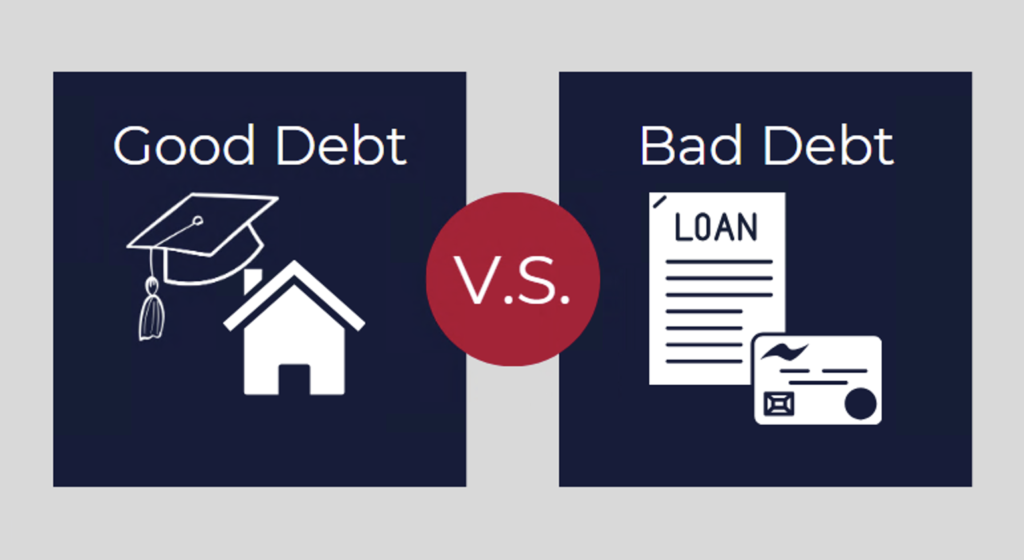Know the Difference: Soft Landing vs. Recession

A soft landing and a recession (also known as a “hard landing”) are similar in that they both involve the slowing of economic growth. However, in the case of a recession, the decrease in economic growth is significantly more severe and sudden with recovery often taking several years.
Following is a brief outline of the characteristics of and the differences between a soft landing and a recession.



